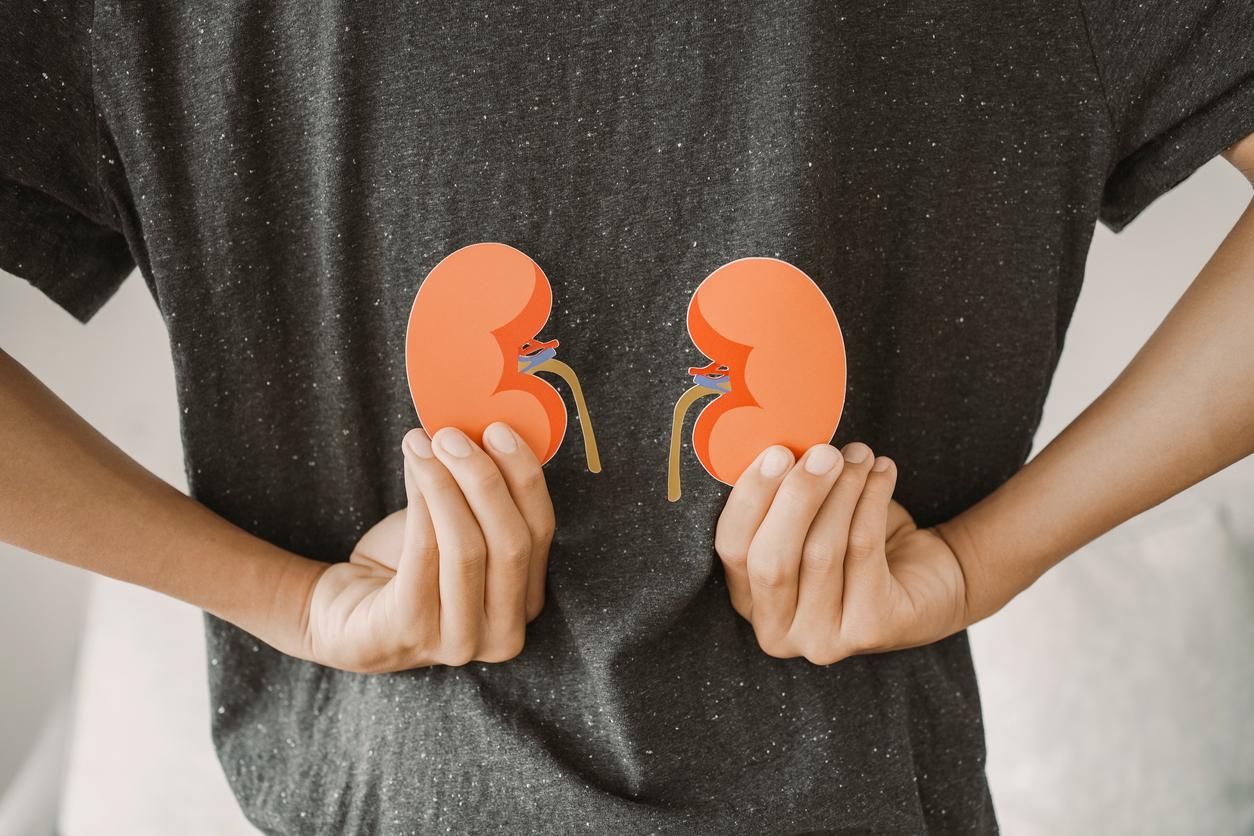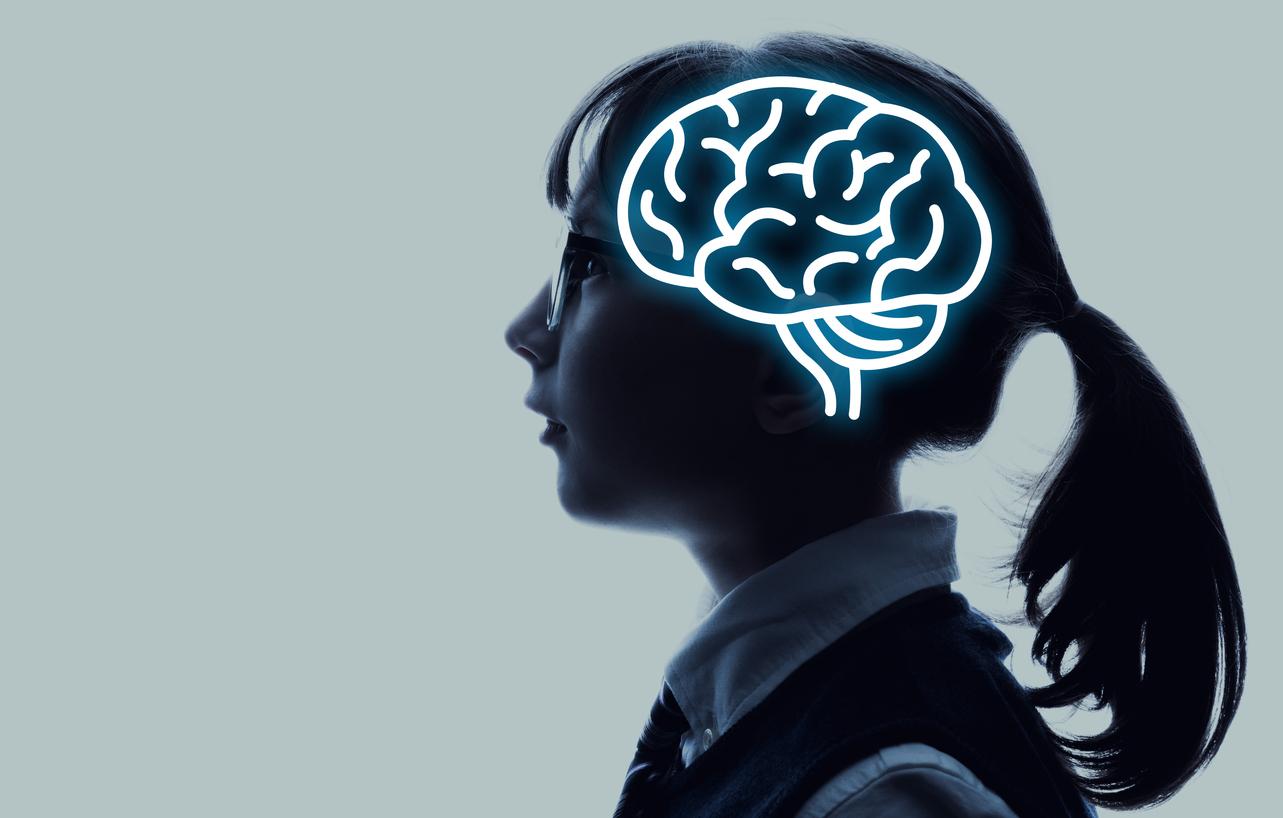Artificial Intelligence (AI) was developed by researchers at Northwestern University and the University of Texas Health Science Center to detect acute kidney injury 24 hours in advance in intensive care hospital patients. This AI is able to collect and extract data from patient health records in order to predict the likelihood of developing acute kidney injury in intensive care patients.
Critical care patients are more vulnerable to acute kidney injury, a condition in which the kidneys fail to filter waste products from the blood. They can destroy the renal systemseriously ill patients. The death rate can approach 89% if it exceeds stage 2 (out of 3). And if it develops after major abdominal surgery, the risk of death is multiplied by twelve, says the site Venturebeat.
50% of cases diagnosed 24 hours in advance
To train artificial intelligence, the researchers trained the system to machine learn health data from more than 40,000 patients, taking into account various parameters such as their age and sex. Their rate creatinine(indicator of renal function) was recorded 72 hours after their admission to Beth Israel Deaconess Medical Center in Boston.
As a result, the intelligent system was able to diagnose 50% of cases at risk of kidney damage within 24 hours of testing.
“From a practical standpoint, our prediction model could be used to alert clinicians of critically ill patients at high risk of developing acute kidney injury soon after admission to the intensive care unit,” the researchers explain. at the Venturebeat site.
Artificial intelligences are of great interest to researchers. English people are working on an AI capable of diagnose loss of motor skills, a symptom of Parkinson’s disease, in just three minutes. In the United States an intelligent system is capable of diagnose diabetic retinopathy with 90% efficiency.
Also read:
A breath sensor to detect possible illnesses
Labradors capable of sniffing malaria
VR hypnotizes patients in the OR














-1730888646.jpg)

